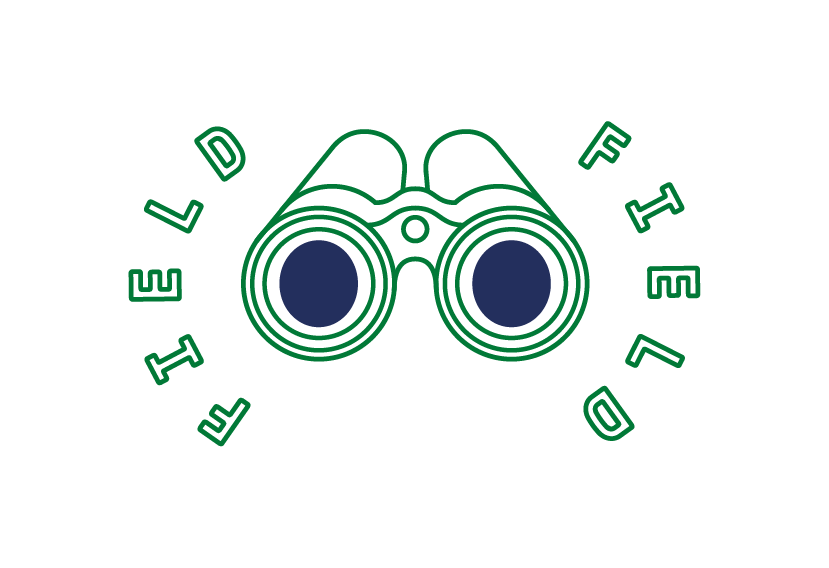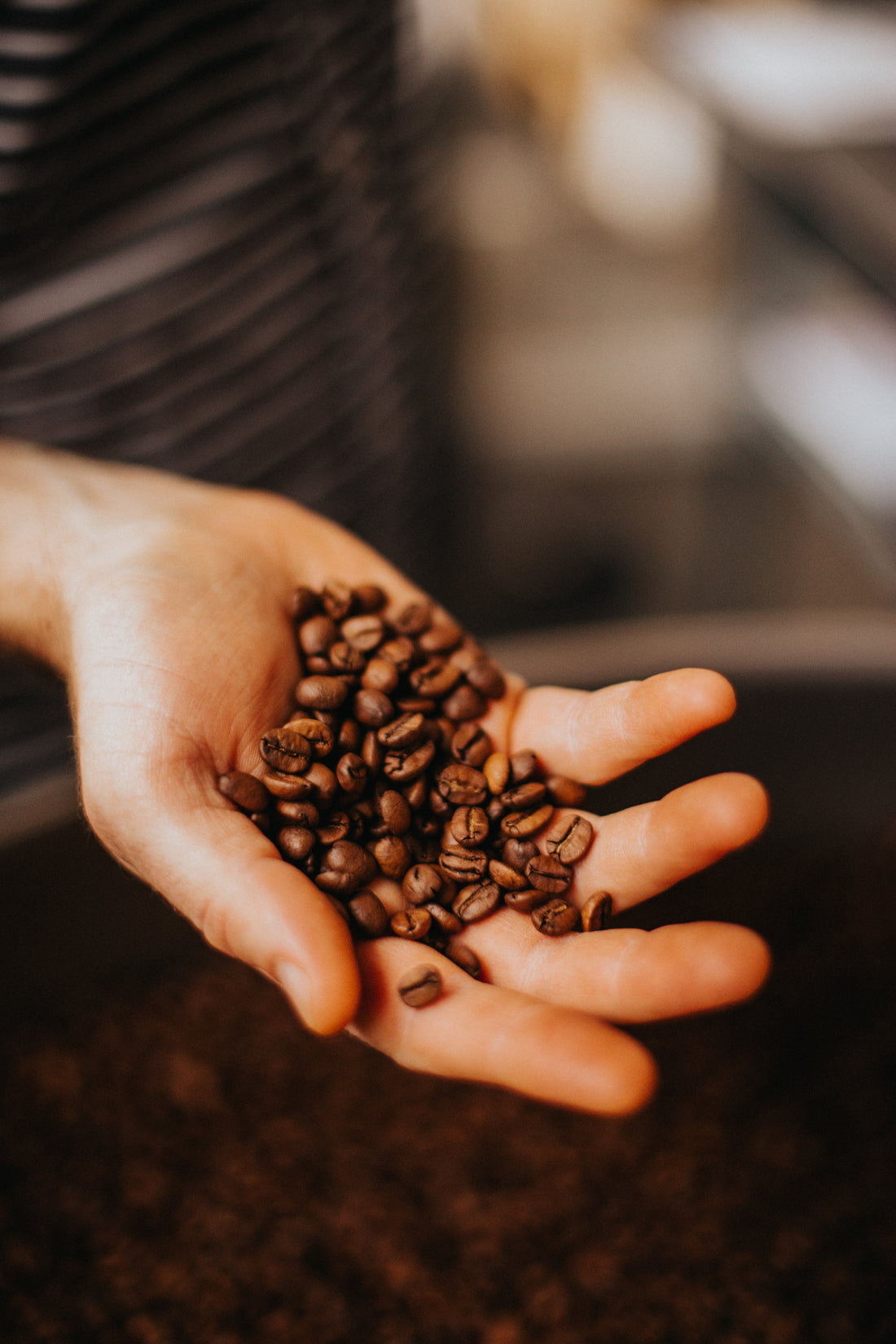You may have noticed that coffee is getting more expensive - whether it’s at your local cafe, on online stores or the terrible Spati near your place that always smells like an ashtray.
In the following, we’ve answered the most common questions about coffee prices in the most honest way possible - because transparency is sexy.
Why isn’t coffee the same price it was a year ago?
It’s a big question with a whole range of answers. It’s no secret that it’s been a rough couple of years for everyone; from the global pandemic, to inflation, to war, to Ozzy Osbourne canceling his latest tour, we’ve all felt the strain of price increases and just general negative vibes.
In the coffee world, there’s been a lot that’s happened. During the last few years, the coffee market got into a bit of a tumble, first driving prices down and then, way, WAY up. The C Price (the number used across the world as a baseline for the price of green, unroasted arabica coffee) increased to a decade-long high, a freak frost in Brazil (the largest grower of coffee in the world and the biggest influence on green coffees’ price) killed off a huge chunk of the 2022 harvest, and ongoing uncertainty in global markets is continuing to drive up the price of a range of commodities.
Yeah, it’s a lot to unpack. But all of these events and more have directly affected the price of nearly every single bag of coffee around the world.

That all sounds crap, but why is MY coffee more expensive?
The simple explanation for why your coffee is more expensive is simply that everything is becoming more expensive. All businesses are feeling the strain over the last two years, and coffee businesses (including cafes) are no different. It’s most likely the case that even though a cup of coffee has increased by 20%, cafes are actually making the same, if not less money.
The longer version is more complicated. The price of a bag or cup of coffee is determined by a range of different things: Firstly, there’s the cost of the green (unroasted) coffee, which has skyrocketed in the last two years. Then there’s the matter of transporting coffee from across the world to Germany, getting it through customs and transporting it to a roastery. This all sounds very boring, but ensuring that coffee farmers are paid well (and not the bare minimum) and making sure it actually arrives at our roastery are …. well, pretty damn important.
After this, the coffee needs to be evaluated, roasted, packaged, labeled, delivered, ground in a cafe, brewed and served to you. Although one day we will probably all be replaced by robots, at the moment each of these steps requires energy, machinery and staff. As costs have increased and the cost of living is creeping up, we’re trying to make sure that we can survive and make sure everyone is paid enough to live a good and happy life.
Can’t you just keep prices the same? I don’t want to pay more.
Over the last year, Field has had to increase the prices of nearly all of our single origin coffees and blends. We did this out of necessity - in order to simply maintain our business we had to make adjustments to coffee prices.
The above explanations are not meant as excuses, simply a very short explanation for a multitude of problems that is in all honesty, making being a coffee roasting business extremely hard at the moment.
We roast coffee because we love sharing the incredible work of amazing farmers from across the world, and because we want to make your life better. We will never increase our prices just for the sake of making money - it’s about making sure everyone in the supply chain, from farmers to baristas to you and also us, are able to live a whole and happy life.

But the coffee at the supermarket is the same price it was two years ago. How does that work?
Yeah we know … but here’s a secret: that stuff isn’t very good, and technically, it's not even in the same boat.
Coffee is generally divided into two categories based on quality: commodity and specialty. On a scale of 1-100, coffees that score above 80 are considered specialty (the good stuff), and anything below is commodity coffee (the...other stuff). This scoring system is determined and used by professional tastes across the world to evaluate, taste and score coffees in order to determine their market value and prices.
The coffee you see in supermarkets is, in almost all cases, commodity coffee. These coffees are lower in quality, much cheaper and generally sold to large companies that value volume over quality. Instant coffee? Commodity. 8 Euros for a kilo of coffee? Commodity. If you like that stuff, then power to you. But if you want to drink something that tastes better and ensures that the people who grew it have an adequate standard of living, then there’s a price tag associated with it.
We’re not saying that every supermarket or commodity coffee is crap - but if you’re comparing a Tesla to a Trabi and asking why they aren’t the same price, maybe you need to talk to Elon. We’re sure he’ll Tweet something nice to you.
So will coffee prices continue to increase?
Honestly, we don’t know. But in all likelihood, yes. As markets continue to fluctuate and prices for commodities, energy and more continue to rise, it’s more than likely that your coffee will end up costing more.
But this isn’t necessarily a bad thing; compared to most other products we consume daily, coffee is very much undervalued and underpriced. Coffee farmers are paid a miniscule wage when compared to other industries and producers of goods; if prices increase to enable higher wages for the coffee farming and producing communities of the world, we’re all for it.
Specialty coffee makes up a TINY percentage of all coffee produced and consumed in the world, approximately 3% of the approximate 10,520,000 kilograms produced each year (yeah, that says over 10 billion). The other 97% is everything else, from the crappy instant coffee sachet served in motels to that cheap supermarket coffee your Oma loves.
It’s no wonder that with such a high demand for such a niche and specialised product, prices have increased. It’s just basic economics, right?

This is by no means the end of the story. Coffee prices change all day, every day, and we want to make sure that the conversation about these prices is as open and transparent as possible.
If we make any adjustment to our prices, we’ll be as open and transparent as possible. We’re not interested in buying low quality, cheap green coffee, as that doesn’t do anyone any good. We’ll continue to find the best coffees we possibly can, at a fair price, to keep you provided with the coffee you love and dialed in.
Have a question about the above? Send an email to answers@field-coffee.de

